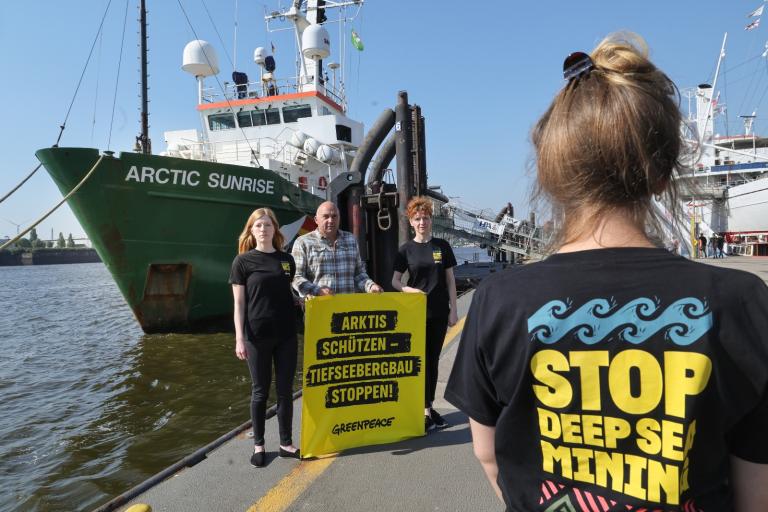Ahem, Scientific American, a few days ago:
Global warming skeptics are already gearing up to deconstruct the IPCC report, whatever its conclusions. The Fraser Institute — a Canadian think tank devoted to denying climate change — plans to release its own independent summary on February 5, and conservative Sen. James Inhofe (R-Okla.) has decried the politicization of climate change science. IPCC head Rajendra Pachauri’s comment that he hoped the report “will shock people” into action has led some, including political scientist Roger Pielke, Jr., of the University of Colorado — proponent of a middle of the road plan neither denying the existence of climate change nor succumbing to extreme solutions — to question the organization’s credibility.
And of course they have. Why do some skeptics and polite disagreers have their chaps in a bunch? Here’s a look:
Surprisingly, there’s only a press release on the report posted on CEI’s website. They seem to have put most of their efforts re: IPCC into this wicked boring, poorly lit (and inaccurate) video put out last month. But CEI’s Iain Murray posted this overly cheery blog post in which he claims hopes that the report actually signals the IPCC moving toward a skeptic stance.
Did he miss the whole “Warming of the climate system is unequivocal, as is now evident from observations of increases in global average air and ocean temperatures, widespread melting of snow and ice, and rising global mean sea level” part?
And via Junkscience.com: “Bizarrely, the actual report will be retained for another three months to facilitate editing.”
Editing. Bizarre. Because they find this whole “consistency” and “grammar” thing so strange, they decided to break the embargo. Hey, they did it, not me.
Fox News, so steadfastly fair and balanced be they, highlighted, of course, the departure from conclusions of the last IPCC report on the topic of hurricanes. Shocking that scientists and informed government officials can, when confronted with new and convincing evidence, change their minds. So shocking that they had to dig up some guy saying something contradictory sometime last year. But then they don’t actually quote him.
And no please-just-give-up-so-we-can-stop-making-fun-of-you post is complete without Inhofe, who has nothing at all interesting to say on his blog. But of course, we’re just part of the media cover-up.
And though I can’t read the full release and am not willing to pay to do so, the summary on this International Oil Daily article release made me chuckle.
This is not to say that there isn’t actual debate among informed folks on the report’s findings — namely, on the report’s claims about sea levels and hurricanes. Chris Mooney over at Seed has some well-stated thoughts on hurricanes and language, and of course there’s Pielke, Jr. But both of them pretty much agree that there’s not really a big conflict here.
And finally, James Hansen was on today’s Living on Earth weighing in on the sea level issue. An excerpt:
Curwood: So with that in mind, how should we view predictions from this latest IPCC assessment? What did the report leave out or underplay from your view?
Hansen: Well, I think that there is a natural reticence, which may derive from the scientific method, which says you should be skeptical. You should check all sides of a story before you make a very strong conclusion. The difficulty here is that I think we have very limited time to get on a different path with our energy use and greenhouse-gas emissions or we’re going to end up with unstoppable problems in the future. And I would have preferred an even clearer statement about the dangers of future sea level rise if the ice sheets begin to disintegrate. And I think that a business as usual scenario will guarantee future disintegration of West Antarctica and parts of Greenland.
Curwood: So your concern about the chance of loss of large sheets of ice and the considerable impact that that could have on sea level rise is echoed by, um, Ohio State University scientist Lonnie Thompson, and he says that those issues are gorillas in the room that the IPCC isn’t paying as much attention to as he thinks it ought to.
Hansen: Well that’s a very good point because IPCC addresses a lot of things, but there are a small number which deserve very great attention. And this, I think, is the number one item just because of the inertia of the system. If we get it started, it will become very difficult to stop it, perhaps impossible to stop it.

